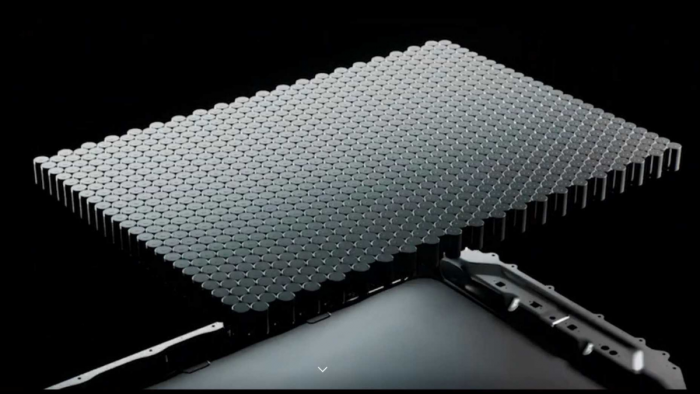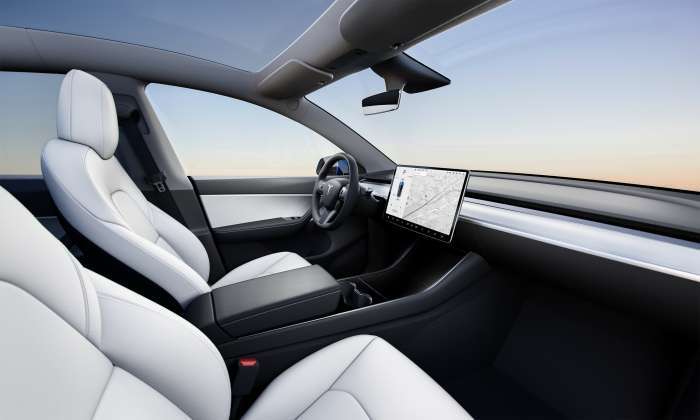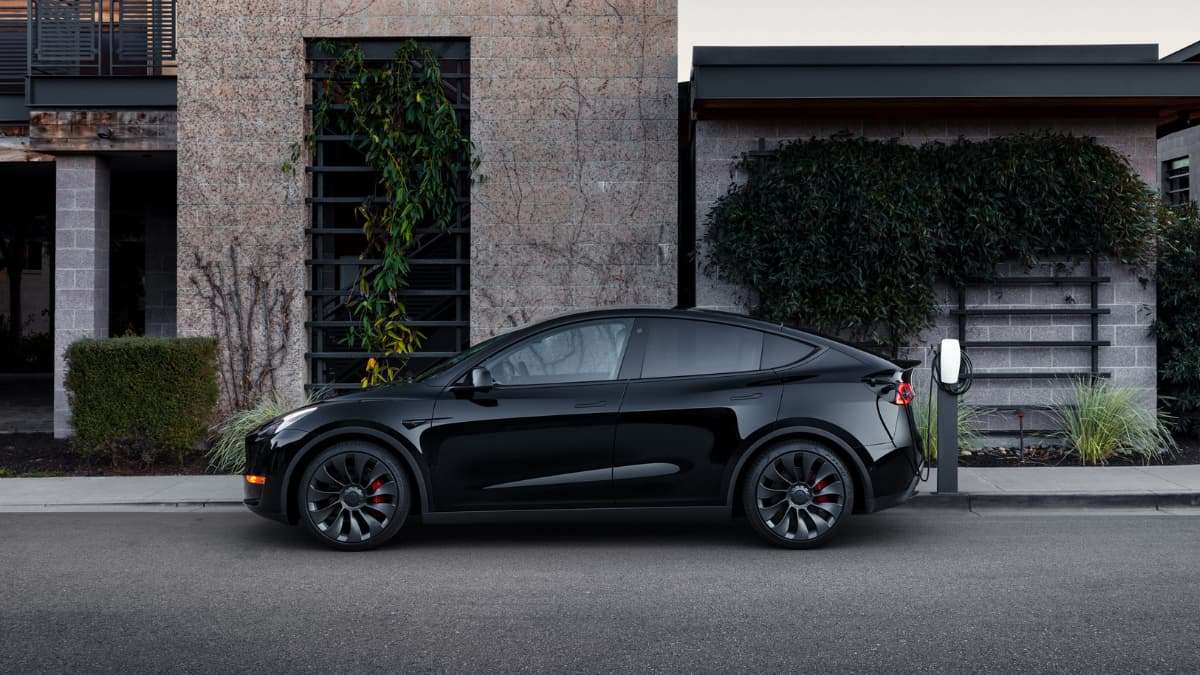Everyone took it for granted that the promised 4680 cells were going to be the next step in the evolution of electric car batteries. However, although apparently already solved, Tesla had serious problems with them. Now it is one of its main partners, Panasonic, which announces that it will not take production to the next level until it introduces performance improvements. The Japanese reschedule the date to 2025, which may significantly alter Tesla's plans for the next few years.
In September 2020, during the Battery Day celebration, Elon Musk announced with great fanfare the arrival of a new cell format: known as the 4680 (46 mm in diameter and 80 mm high) they were capable of holding five times more energy, obtaining 16% more autonomy, and six times more power. The promises seemed like the work of the greatest of alchemists, but have actually led to some problems in their production. In fact, the Austin team is already working on the improvements hand in hand with their partners, ensuring that they will achieve what was promised.

Following the announcement, Panasonic quickly jumped on the 4680 bandwagon, despite many industry insiders warning that the supposed revolution was in fact anything but not exactly that. One of the harshest criticisms came from Peter Rawlinson, the CEO of Lucid Motors; but nothing and no one stopped the Japanese firm from presenting their own cell format in October 2021. The promises kept coming: more efficiency and lower production costs. Development got underway quickly, although important challenges kept coming one after another. Despite this, the most serious problems seemed to be solved and this encouraged Panasonic to announce the start of mass production for 2023.
The agreement contemplated that the Japanese would be in charge of producing 20% of the total 4680 cells. Tesla did not put all the eggs in the same basket and distributed the production among several partners: the world's first facility to assemble the new cells was Tesla's facility in California. Today it has already manufactured more than a million batteries and continues adding. The first models powered by 4680 cells have already been on the market for some time, although they have yet to prove that they are superior to the old 2170 cells.

The controversy was served: apparently the 4680 cells have a lower energy density than the 2170 cells: 269 Wh/Kg vs 244 Wh/Kg, and they need more cobalt as they are significantly larger than the old ones. This was shown by two new disassemblies of Tesla's battery module that questioned the promises announced by Elon Musk back in 2020. Sandy Munro, one of the most authoritative and expert voices in the field of electric mobility, has recognized an expected problem for a battery which is also structural: it is irreparable in the event of an accident, which translates into an advantage when manufacturing but creates issues when carrying out actual maintenance work.
Meanwhile, Panasonic wants to make it clear that the delays are due to the improvements they hope to introduce very soon, although they have not yet specified what these innovations consist of.
The situation puts Tesla and Panasonic in a challenging position, as they strive to deliver on the promises surrounding these revolutionary 4680 cells. With the revised production date now set for 2025, the electric vehicle industry eagerly anticipates the eventual launch of these high-performance battery cells. The potential impact on Tesla's plans for the next few years remains uncertain, as competitors continue to develop their own advanced battery technologies.
Source: hibridosyelectricos
All images courtesy of Tesla Inc.
Nico Caballero is the VP of Finance of Cogency Power, specializing in solar energy. He also holds a Diploma in Electric Cars from Delft University of Technology in the Netherlands, and enjoys doing research about Tesla and EV batteries. He can be reached at @NicoTorqueNews on Twitter. Nico covers Tesla and electric vehicle latest happenings at Torque News.





